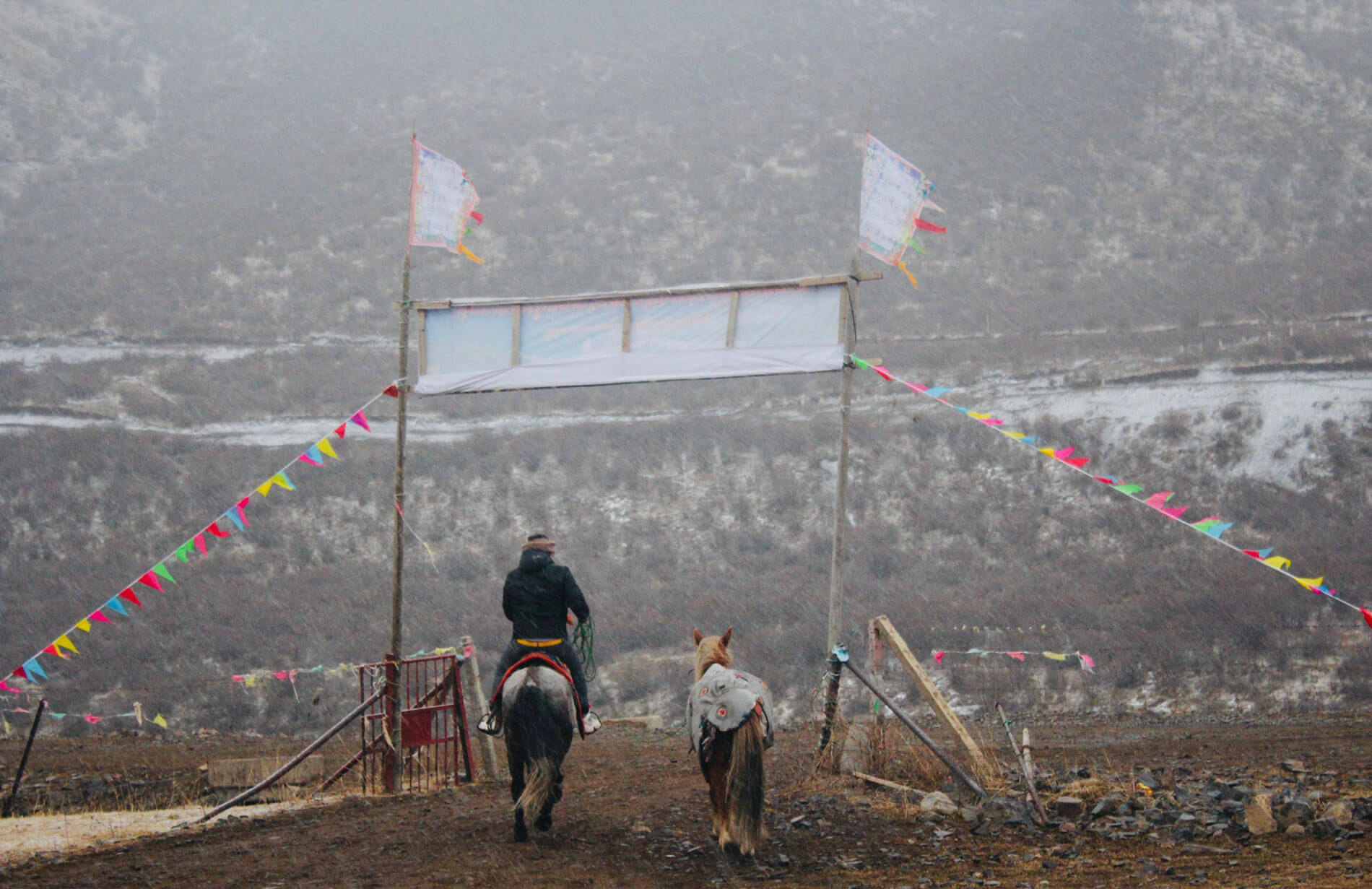The online exhibition Seeing Pastoralism uses stories and images to explore how pastoralists understand, experience and respond to uncertainty.
Pastoralists depend on land and agrarian commons to move and thrive. In some places, the practices and traditions of pastoral commoning go back centuries, but they are also adapting and responding to modern pressures, as food and land become more and more commodified.
Space for many pastoralists to move and operate is becoming more constrained. Some pastoralists are having to adapt as they are drawn into international markets. Others encounter competition from developers, land investors or conservation projects.

About the stories
The stories in the exhibition are drawn from the six research sites of the PASTRES research project (PASTRES stands for Pastoralism, Uncertainty, Resilience: Global Lessons from the Margins). All six locations differ in many ways, but all show how pastoralists live and work in often variable and uncertain conditions.
Pastoralists are shown caring for yaks in the high Tibetan plateau; bringing artisanal cheeses to market in Sardinia; sharing resources in northern Kenya and crossing borders in Ethiopia; moving across vast landscapes in Gujarat; and leaving and returning to the towns and drylands of southern Tunisia.
Through the images and stories that emerge from the six areas, we see how pastoralists deal with uncertainties that arise from climate change, financial markets, diesase epidemics, policy changes and territorial and boundary changes.
The exhibition also includes images and stories that were created through the Photovoice method, which involved pastoralists documenting and reflecting on their own views and experiences (you can read more about the background to the exhibition on the PASTRES website).
